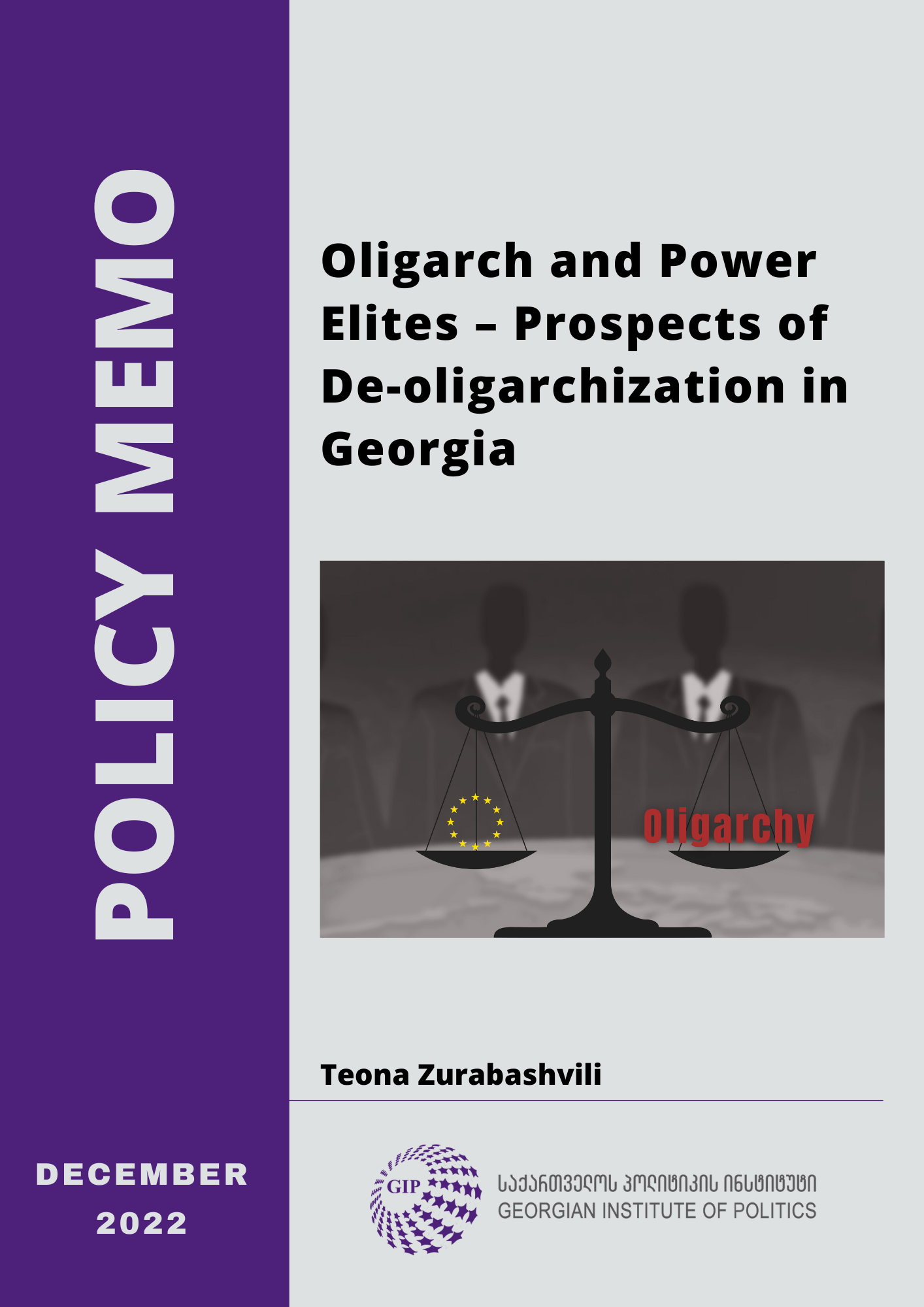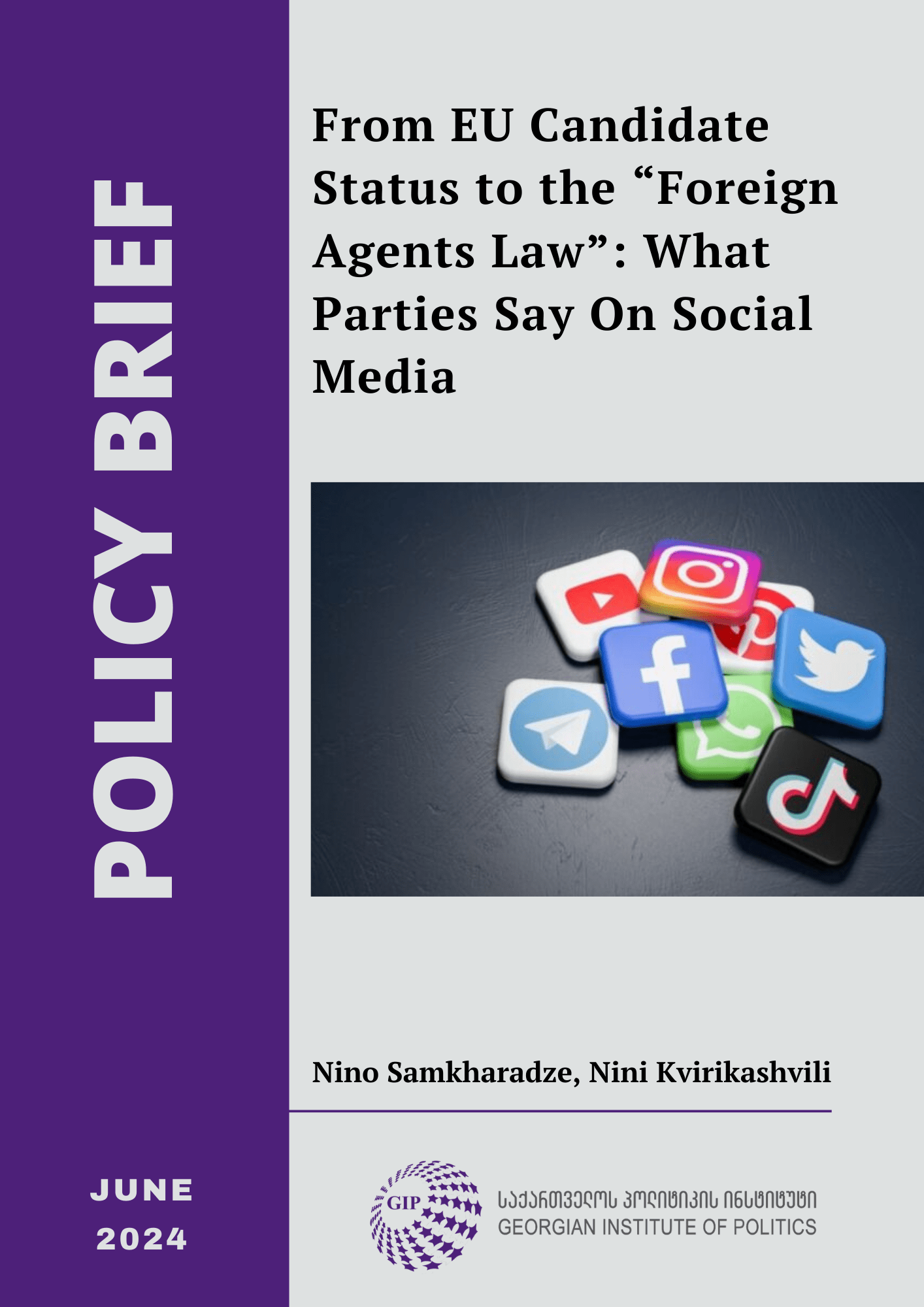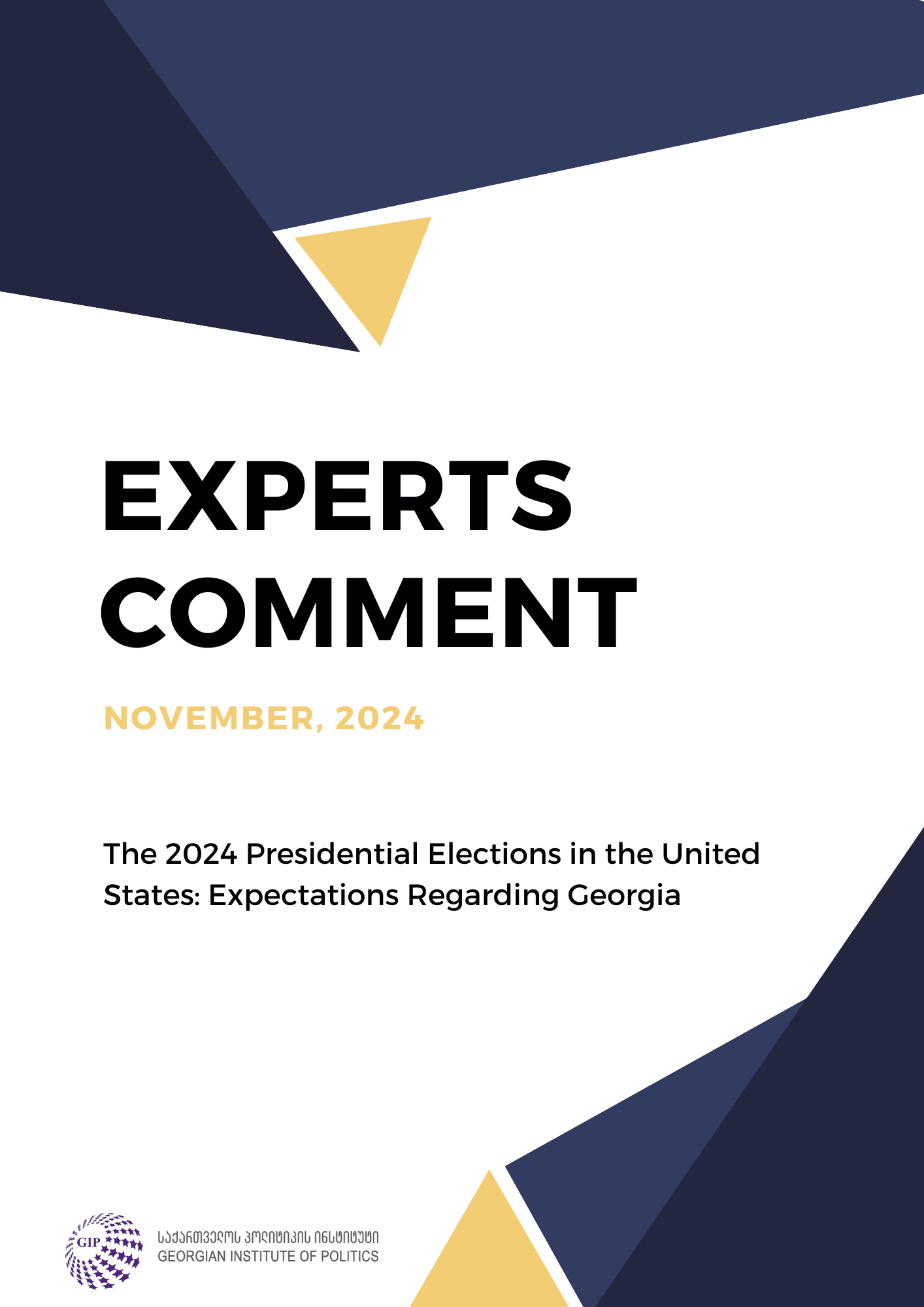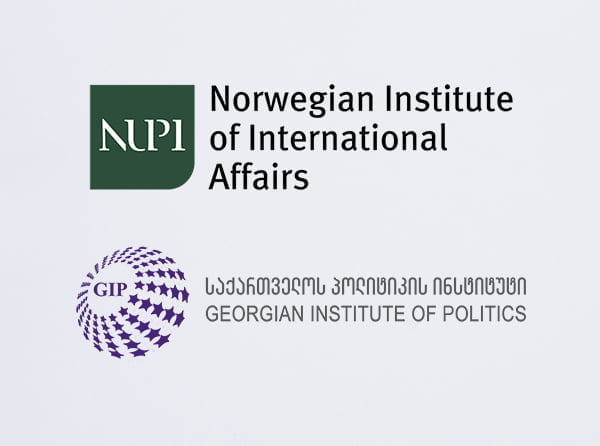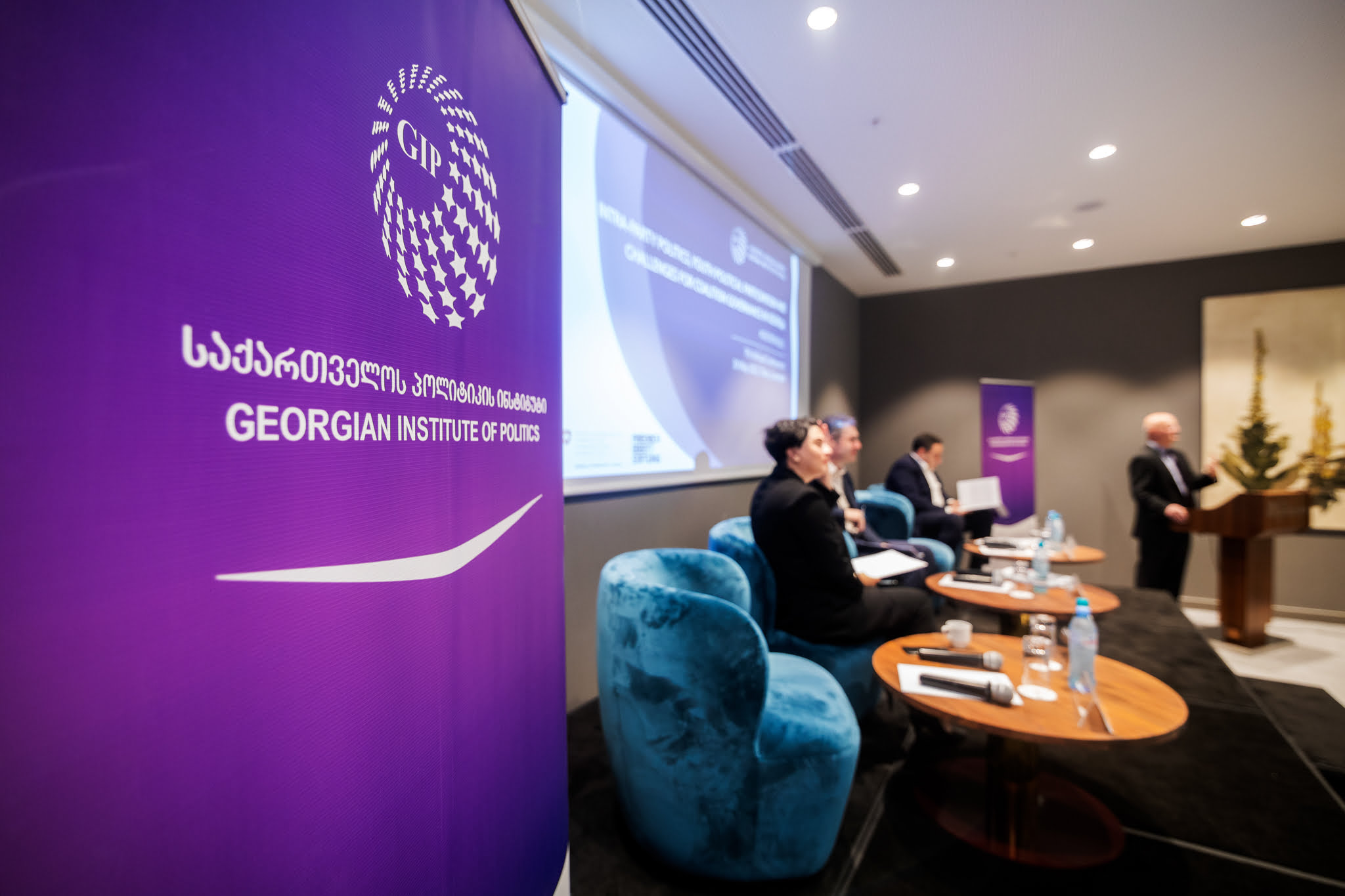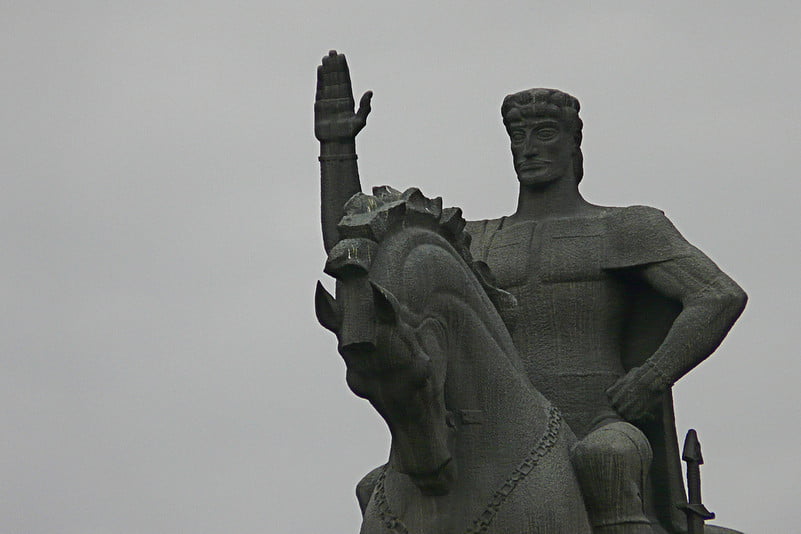On September 11, 2024, the Georgian Institute of Politics (GIP), in cooperation with the Institut für Europäische Politik (IEP) e.V. in Berlin, organized a policy dialogue titled “Local Agendas for the Upcoming Elections: Voter Perspectives.”
In light of the upcoming parliamentary elections in Georgia, the issue of foreign policy orientation and the future of EU integration have occupied a bigger part of the political debate. However, amidst this context, it is just as important to assess the voter expectations and encourage parties to prepare local agendas based on the needs of their potential constituents. The EU integration process, while geopolitical, also focuses on local reforms and development – which requires a vision for a reform-based political agenda. In response to this gap in political debate, the policy dialogue brought together local activists, civil society representatives, journalists, and entrepreneurs to discuss local priorities for the upcoming elections.
The Policy Dialogue aimed to foster a constructive conversation among local stakeholders in Kutaisi, Georgia, to identify and discuss the local agendas that should inform the upcoming parliamentary elections. The purpose of the event was to bridge the gap between the political elite’s geopolitical focus and the electorate’s local concerns, ensuring that the political debate encompasses not only the future of Georgia’s democracy and European integration but also the practical, everyday issues that affect local communities. Therefore, the local discussion served as a basis for future engagement with the political parties and aimed to contribute to a depolarisation of Georgian society. GIP presented a policy memo “All Politics is Local” to kick off the discussion.
The discussion centered around the following questions:
- Georgian political elite frame the upcoming elections as a referendum for Georgia’s democracy and European future – but what are the voters expecting to vote for? What stands behind the slogans of EU integration? 2
- Do voters feel represented by the political parties through their pre-election campaigns? What are the expectations of the local population towards the politicians and the upcoming elections?
The event was organized with Institut für Europäische Politik (IEP) e.V. in Berlin in the framework of the project “Georgian Civil Society for EU Integration GEO4EU”, supported by the Federal Foreign Office through the Civil Society Cooperation Programme for the Eastern Partnership countries and Russia.



